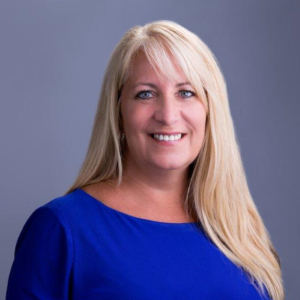F-Tag 309 and the compliance domino effect
No facility wants F-Tag deficiencies, but some F-Tags can hurt more than others, especially in dementia care. Attendees at the Memory Care Forum in Austin, Texas, got an insider’s glimpse at what surveyors check for—and cite for—when evaluating a facility that provides memory care.
“I’m the outlier here,” said Linda Elizaitis, RN, RAC-CT, BS, President of CMS Compliance Group, a consulting firm that assists long-term care facilities with survey-related regulatory issues. “The other speakers are talking about how to do great things, but I’m going to tell you how the surveyors will look at you.”
According to the 2014 Focused Dementia Care Survey Pilot involving five states, 80 percent of survey deficiencies involved the F-309 tag (care of a resident with dementia) or F-329 tag (unnecessary use of medication). More than half of all deficiencies cited both. Other commonly cited tags were F-520 (quality assessment and assurance) and F-279 (develop comprehensive care plans).
Fixing the problem begins and ends with staff training, Elizaitis said. “CNAs need the most training in documentation,” she said. “They’re the ones who are closest to the residents and will be documenting the behaviors.” Federal regulations require 12 hours of training per year but don’t stipulate how many hours need to be in dementia care. Elizaitis said one training hour of the 12, at an absolute minimum, should be specific to dementia care.
As a former director of nursing, Elizaitis knows how easy it is for staff to be tempted—to chart only once per shift, to fill in the documentation gaps later, to share someone’s notes. “How are you going to evaluate competencies for CNAs?” she asked. “How are you going to define your training and competencies to an outsider?”
If your facility doesn’t already have a quality assurance committee, create one now and make sure dementia care is part of what the committee tracks, she said. “Auditing is a necessary evil. You have to be able to validate what you’re doing in relation to your policies and procedures.”
Caregivers need to understand that each resident’s care counts separately, she said. Doing one process wrong can mean the facility will receive a separate deficiency for every individual resident who was touched by that process. Every facility should provide easy access to the CMS surveyor’s F-309 checklist and train from the list regularly. “Go get it and read it again. It’s an absolute domino effect for deficiencies.”

Pamela Tabar was editor-in-chief of I Advance Senior Care from 2013-2018. She has worked as a writer and editor for healthcare business media since 1998, including as News Editor of Healthcare Informatics. She has a master’s degree in journalism from Kent State University and a master’s degree in English from the University of York, England.
Related Articles
Topics: Alzheimer's/Dementia , Articles , Executive Leadership , MDS/RAI , Regulatory Compliance











